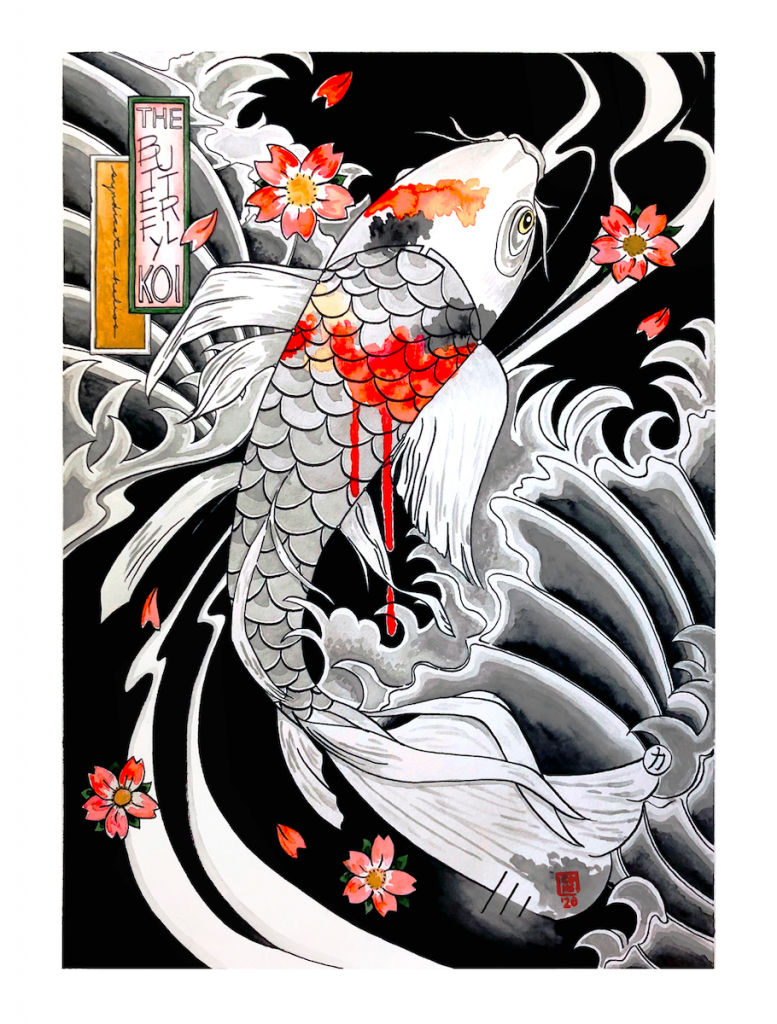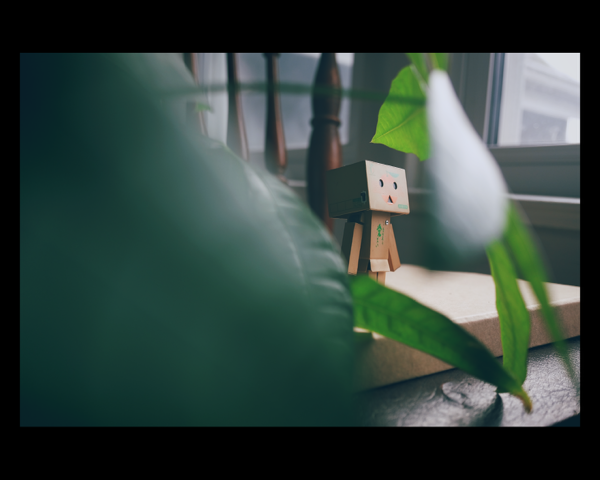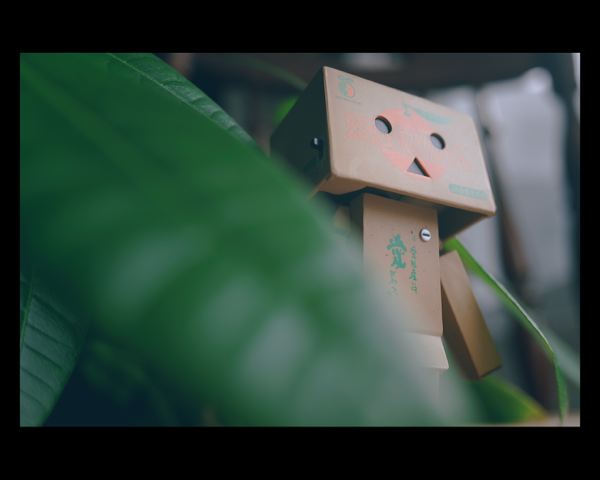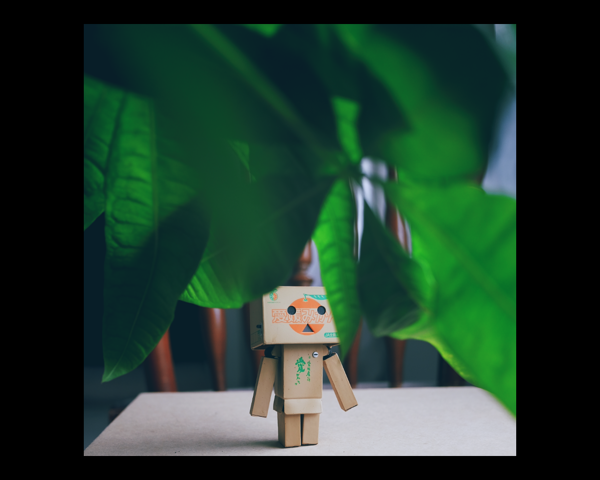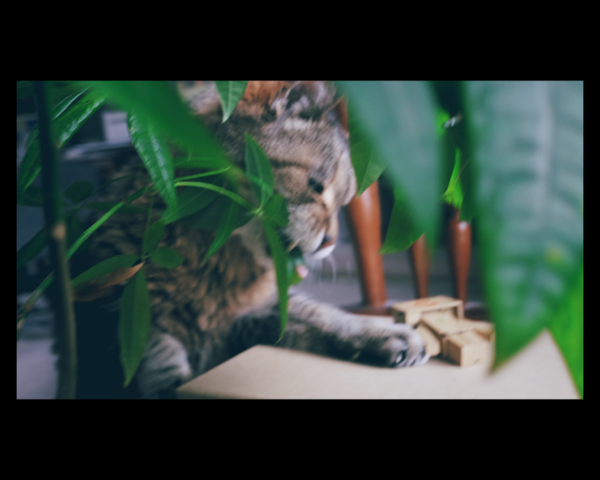It’s clear that I have two papers to write: in the last two days, I have upgraded my computer to Catalina, tried mmhmm, created a Society6 account, prepped art, and troubleshot upgrading processes for my wordpress account to work with my host’s idiosyncrasies. Oh, and posted in micro.blog twice.
Categories: social

